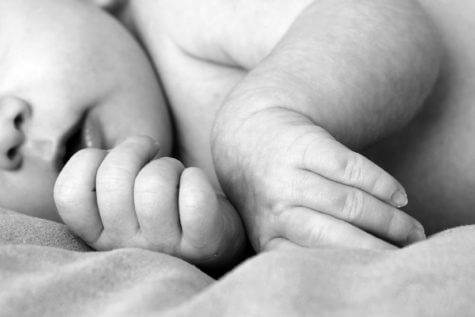
CHARLOTTESVILLE, Va. — A newborn’s weight out of the womb may follow them well into childhood, particularly when it comes to heavier babies, a new study finds.
Researchers at UVA Children’s Hospital in Virginia examined over 10,000 American children, some born prematurely and others born at term, from birth into their first years of school.

They found that babies born at term who also possessed a high birthweight were more likely to be obese by kindergarten than those who were born at an average weight.
In addition, children who happened to be born both overweight and prematurely were more likely than their peers to be obese by first grade.
“Infants born with higher birthweight appeared to be at risk from a young age,” comments researcher Sarah Miller in a university news release. “These children may benefit from early attention.”
More specifically, those who had high birthweight — defined as weighing at least 10 pounds after delivery — were 69 percent more likely to be obese from kindergarten through second grade.
Put another way, 23.1 percent of infants with high birthweight were obese by the start of second grade; only 14.2 percent of their peers who were born at their expected weight were similarly obese.
While infants who were both heavy and delivered early were even more likely to be obese by the commencement of second grade, average weight infants who were not born prematurely saw no similar increase in their likelihood of later becoming obese.
Interestingly, there was evidence supporting the notion that children born both prematurely and underweight were at most risk of becoming obese later in childhood.
In their analysis, the researchers adjusted for certain variables, such as socioeconomic status, but did not look at other possible contributors to childhood obesity.
Since birth weight seems to be a great predictor of a child’s likelihood of later becoming overweight or obese, the researchers recommend that pediatricians provide ample counseling to parents of at-risk infants on what could prevent weight gain, whether that be exercise or avoiding sugar-laden drinks.
“We are hopeful that these data may help physicians and families make healthy lifestyle decisions for their young children to avoid later weight problems,” says researcher Dr. Mark DeBoer.
In the United States, 17 percent of children are considered obese, while another 15 percent are considered overweight.
The study’s findings were published in July in the journal Pediatric Obesity.











1 Comment